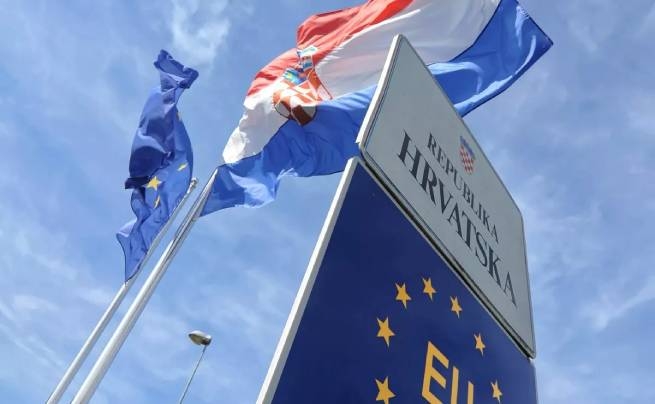Happy new year EU accepts Croatia into Schengen, while Bulgaria and Romania will have to wait – their applications are rejected.
If the admission of Croatia to the Schengen area from January 1, 2023 did not cause controversy, then the rejection of applications by two other countries were rejected due to resistance from Austria. Both states joined the European Union in 2007 and have been trying to enter the Schengen visa-free zone for several years. Their applications are tempered by concerns about unauthorized migration, organized crime and security.
In November, the EC recognized that all three candidates for entry into the Schengen area today meet the necessary criteria for accession, and the European Parliament voted for their entry. However, the decision to expand the Schengen area requires unanimous approval. Gerhard Karner, Austria’s interior minister, on Thursday announced his intention to vote against the expansion of the Schengen area to Romania and Bulgaria: “I think it is wrong to expand a system that does not work in many areas.”
Bulgarian Interior Minister Ivan Demerdzhiev dismisses claims that the country is a transit country for migrants heading to Central and Western Europe:
“Austria does not have clear data on where these migrants come from. Our position and the position of the commission is that the bulk of these flows come from Serbia, which has established a Serbian visa-free regime.”
Another delay disappointed Bulgaria and Romania, and delighted Croatia. The Cypriot authorities have also applied for Schengen accession. Of the 27 EU countries, only 4 countries are not included in the visa-free zone: Bulgaria, Romania, Cyprus and Ireland. In addition to the EU countries, Schengen includes Iceland, Norway (excluding Svalbard) and Switzerland, and, de facto, the small states of Europe – Monaco, San Marino and the Vatican.







More Stories
A terrible tragedy in Kyrgyzstan: a truck hit 29 children at a festive event (video)
A 48-year-old Ukrainian was killed in Hungary
Paris: wild clashes between police and "black" block